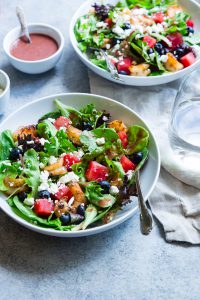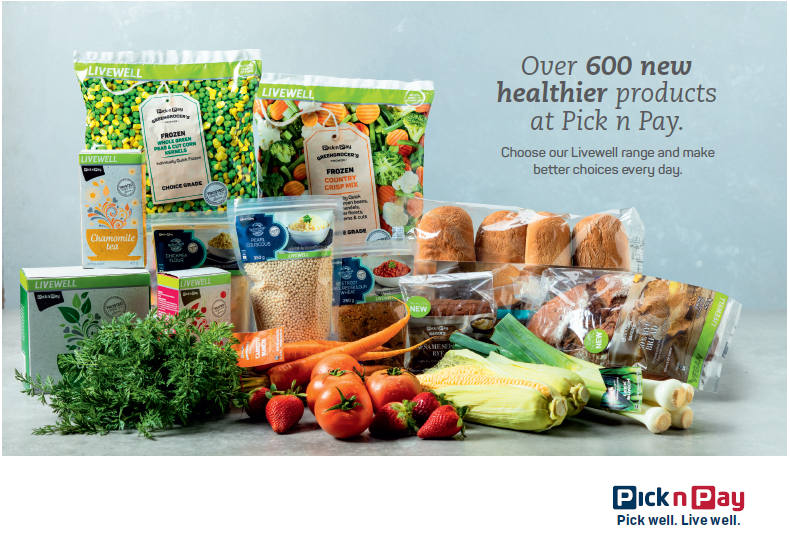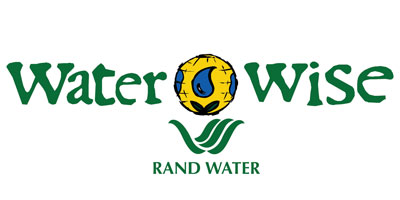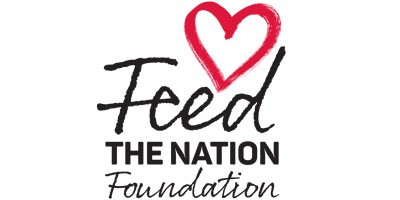Being in good health means that your immune system is fired up and working at its best. Your immune system is your body’s own army and your antibodies which are your soldiers need to work really hard every day to help prevent you from getting infected, not only from the Coronavirus but all sorts of other viruses too. By eating well, your body has an active army of soldiers to fight the virus if you happen to get it. It is not only really important protecting yourself from the outside with washing your hands with soap and social distancing, but you need to strengthen yourself from the inside too.
Follow these suggestions to help improve your immunity:
- Eat a wide variety of foods in your diet and focus especially on including plenty of fruit and vegetables. The ones that are particularly rich in nutrients are citrus fruits, papino, broccoli, carrots, pumpkin or butternut, sweet potato and spinach.
- Be careful not to become lazy and eat too many nutrient-poor foods as this will mean you will eat less nutritious food. Go easy with less healthy foods such as crisps, slap chips, donuts, vetkoek, pies, sweets and biscuits.
- It is recommended that you consider taking a supplement of Vitamin C and Zinc, as they are known to play a role in improving immunity. Remember, however, that your body only needs a certain amount of these micronutrients every day – don’t overdose as it doesn’t necessarily help.
- Don’t forget that you should boost your intake of good bacteria, known as probiotics. Having a cup of yoghurt or maas every day is a great way to get in more of these probiotics or take a probiotic supplement, available from your closest pharmacy.
- Lastly, enjoy drinking more tea, especially herbal teas as there are beneficial compounds found in that are thought to stimulate the body’s response to fighting viruses.
The value of food vs taking supplements
High doses of vitamin supplements can lead to vitamin overdose and it’s far more beneficial to get the nutrients you need from food itself rather than supplements. There are two reasons for this:
- Food generally contains nutrients in the correct amount and form for absorption by your body.
- Plant foods contain key beneficial compounds called phytonutrients and these are generally not found in supplements.

Vitamin and mineral supplements do play an important role in supporting improved health, especially for vulnerable people. But it is important to remain focussed on getting your daily intake of nutrition from a variety of foods, including dairy products, whole grains, vegetables, fruit, nuts, seeds, meat, chicken, fish, beans and lentils.
If you would like assistance with a meal–plan and shopping lists, please feel free to email the Pick n Pay dietitian for further information, on healthhotline@pnp.co.za.
Picture Taylor Kiser



















